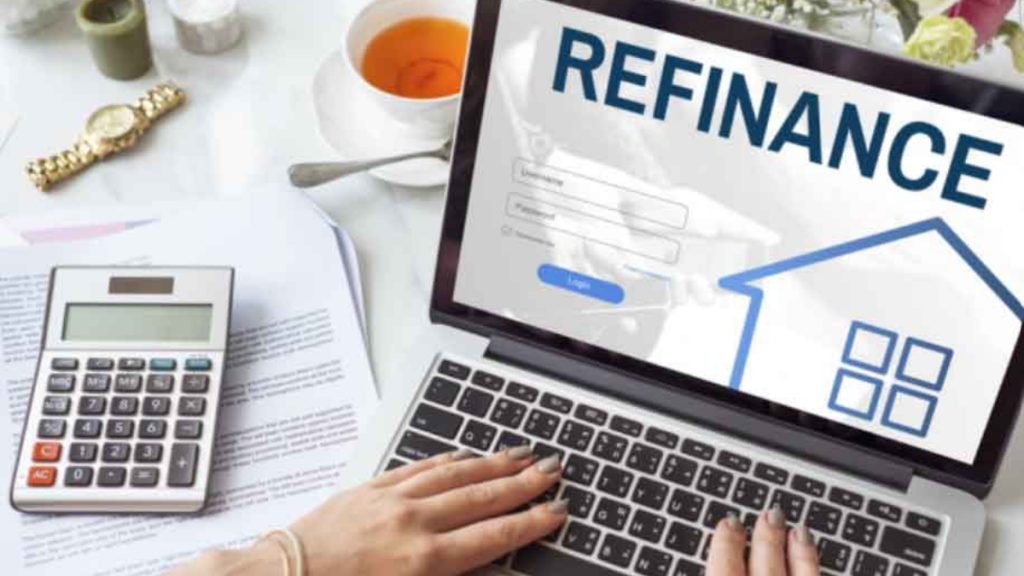With your first home, there is so much to learn. First of all the interest rate, you receive when refinancing is going to be based on the supply and demand of the bond market. There are a lot of factors you should consider before applying for refinancing because there is nothing worse than getting approved and then signing your life away to only realize that it’s not best suited for you at this time.
Know Your Home’s Current Equity
You need to be aware that the equity in your property can greatly affect any numbers you see. Equity is defined as the difference between the current market value of your home (or at this point let’s say a house for simplicity’s sake) and what you owe on it. If there is more negative equity than positive, then it makes no sense to refinance. When you refinance, you can get a mortgage loan that is up to 80% of the current appraised value of your home, minus what’s still owed on your current mortgage loan.
For instance: To pay off your $200,000 mortgage with a loan you would have to make a 20% down payment, or $40,000. That means the remainder of the loan value would be $160,000. The maximum allowed loan when refinancing is 80% of this amount, or $128,000.
Refinancing Points
When choosing a mortgage plan, carefully compare offers and make sure that when comparing rates you also take into account “what are points on a refinance“. Points are equal to 1% of the loan’s principal and can be used as a bargaining tool to reduce your rate by offsetting the closing costs associated with getting your mortgage. Be mindful that in some cases even if two loans appear similar, you’ll end up paying more because you didn’t ask about the points. The lender was happy to offer you great interest rates but they might not have been completely transparent with you about the additional amount of points charged on the other loan – making it potentially less competitive. It is crucial to know what you’re up against!
Right Mortgage For You
One of the biggest decisions you’ll need to make is deciding on your mortgage, which can seem daunting due to the many different factors available to you. The best course of action would be to weigh up how much it will cost, how long you’re planning on living on the property, and what kind of rate you’d like – is it a variable or fixed one that’s most suitable.
The Cost Of Refinancing
Refinancing a home usually costs 3% to 6% of the total loan amount, but it’s possible to reduce the cost of refinancing. For example, you can take the expenses out of your new loan or increase your current principal by doing so. If you have enough equity, there are ways to find lenders who will do mortgages for free (higher interest) when compared to the competition. You should try negotiating and shopping around in order to get the best refinancing deal possible after all, because some refinancing fees are paid by the lender and/or negotiated down.

